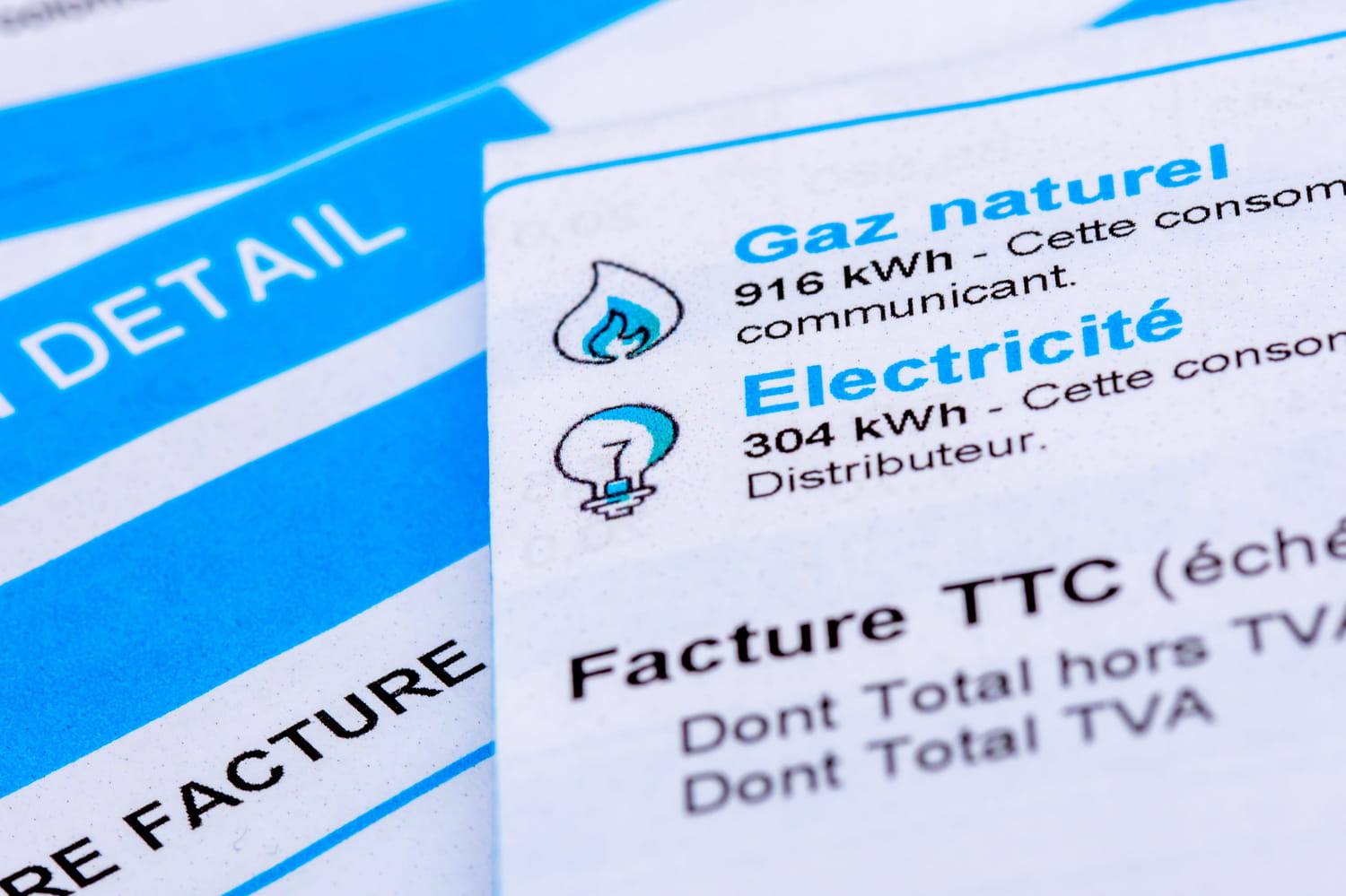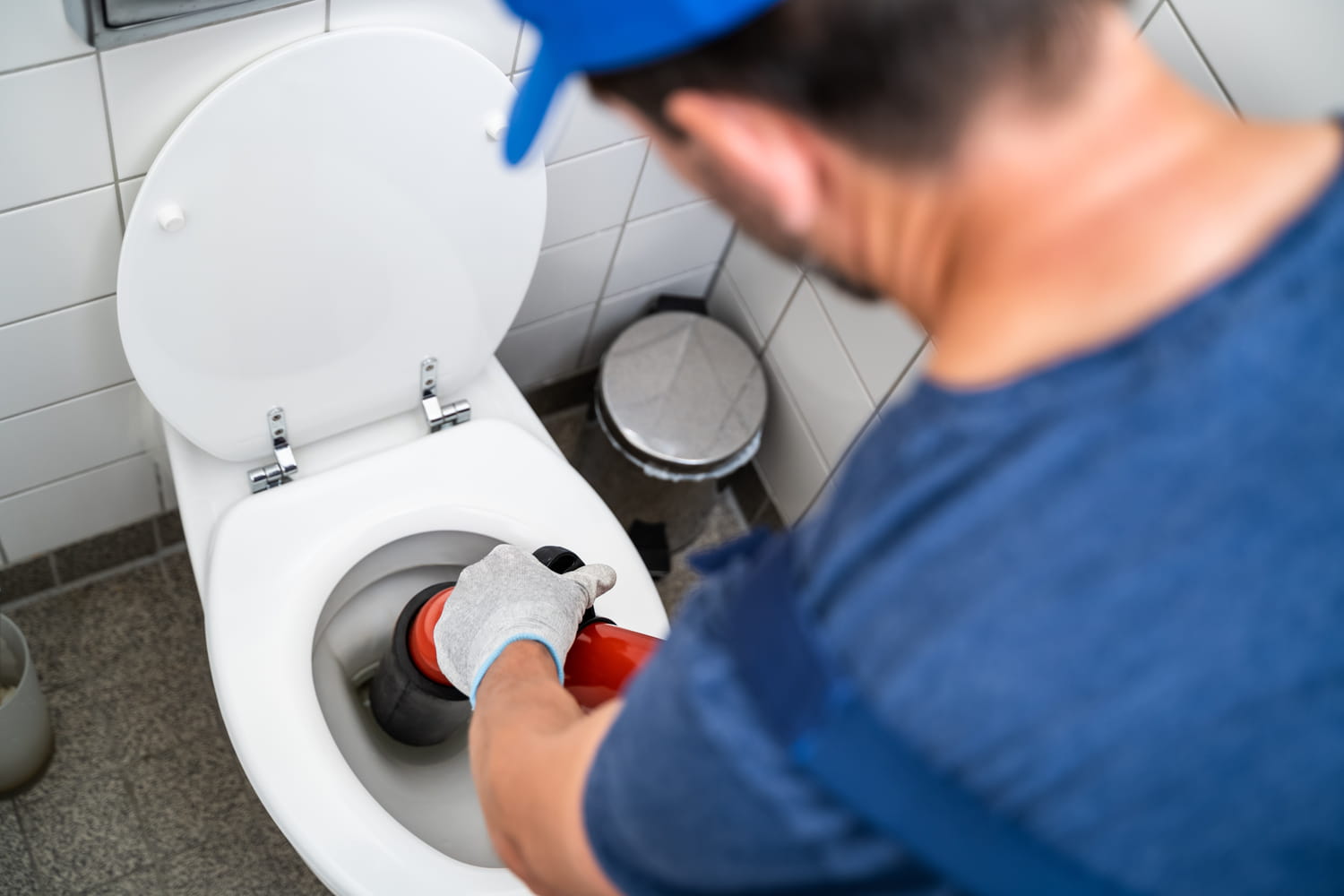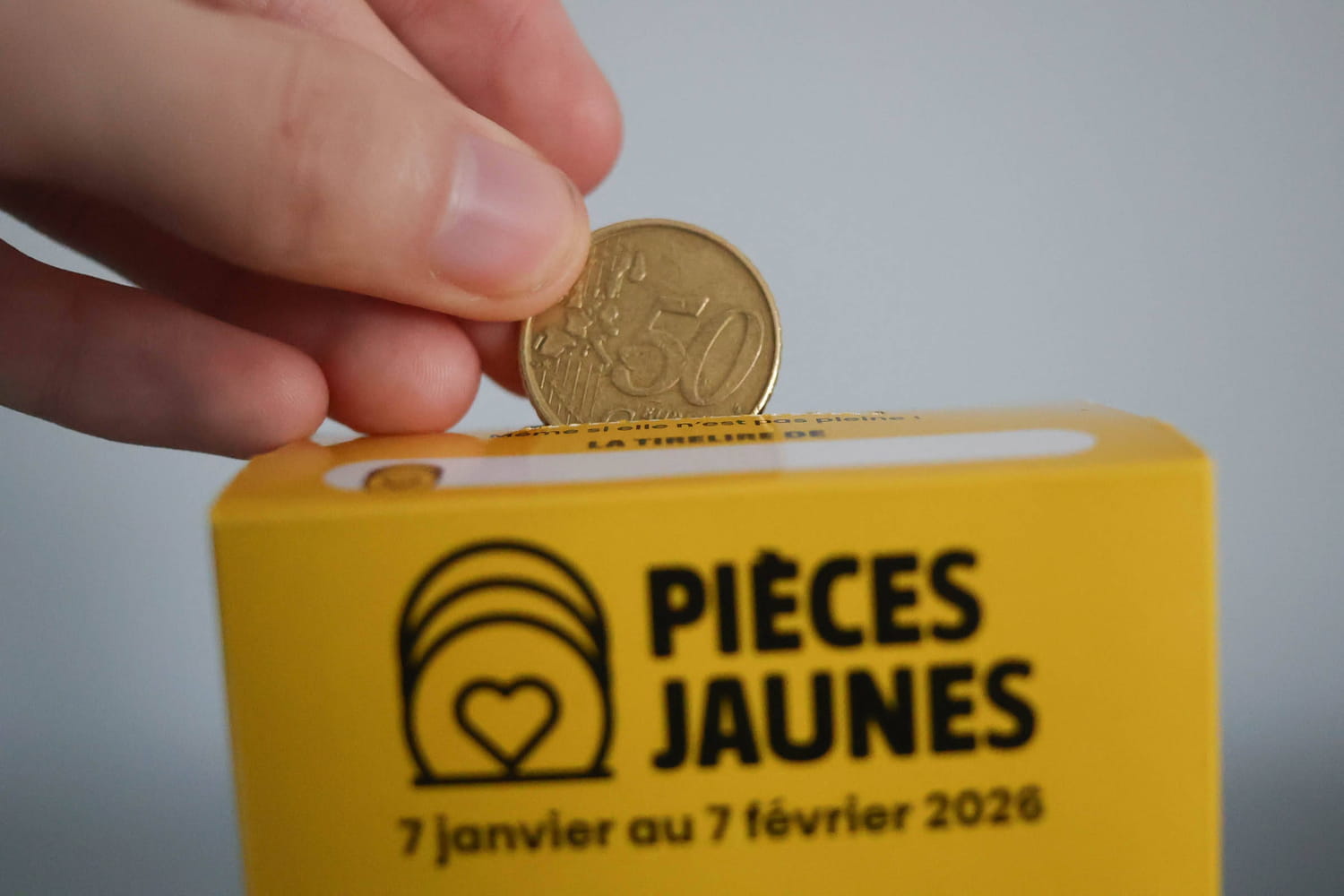It’s a daily gesture that many people still do without thinking about it. However, it can cause serious damage to the pipes and cost a lot of plumbers.
It’s a daily gesture that many people still do without thinking about it. Out of habit, out of convenience, or simply because we believe that flushing the toilet takes everything away. However, some things don’t belong in the toilet. They do not dissolve, accumulate in the pipes and eventually cause blockages. A small mistake repeated by thousands of people, which costs hundreds of plumbing interventions each year.
This is actually what happened recently in a building in the Paris region. Residents on the ground floor saw sewage coming up into their toilets and showers. The smell was particularly unpleasant and the flow was completely blocked. The technicians called to the rescue finally discovered the cause: the evacuation column was blocked by a dense pile of waste, the direct result of a repeated bad gesture. By clearing the pipes, they removed more than a kilo of buffers, accumulated over time. A simple negligence which was enough to block the entire network of the building.
Contrary to what many people think, these protections do not disintegrate in water. Made from cotton and synthetic fibers, they swell, cling to the rough edges of the pipes and end up forming real blockages. In older buildings, where the pipes are narrow, the risk is even greater. And even when they reach the treatment plant, this waste disrupts water treatment and increases the volume of solid residues to be eliminated.
Good practice is simple: never throw tampons, towels or sanitary protection down the toilet. They must be placed in a closed trash can, ideally in a small hygienic bag. It is a common sense gesture, which preserves plumbing, public health and the environment.
In the same way, other everyday objects should never end up in the toilet bowl: wipes, cotton swabs, hair, cooking grease, medicines, cigarette butts or food scraps. None of these wastes dissolve in water and all can cause blockages or permanently pollute waterways.










